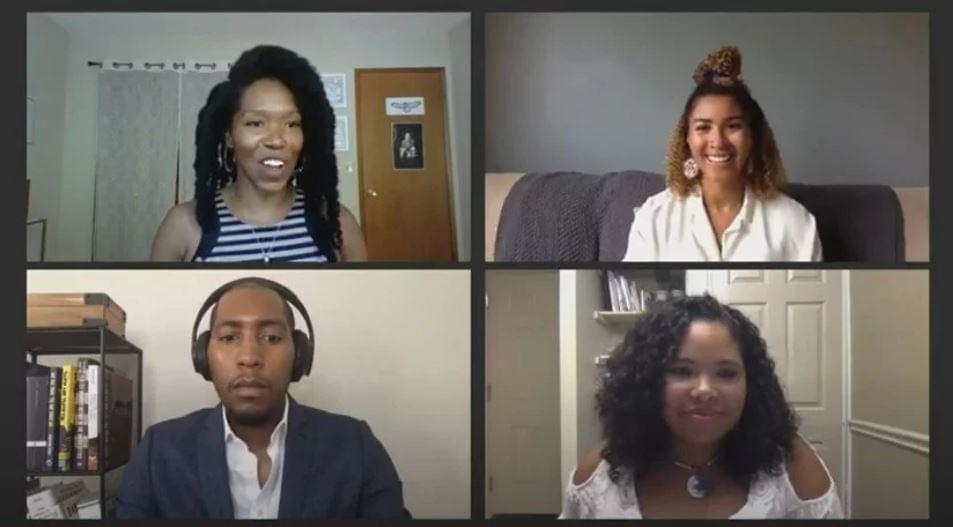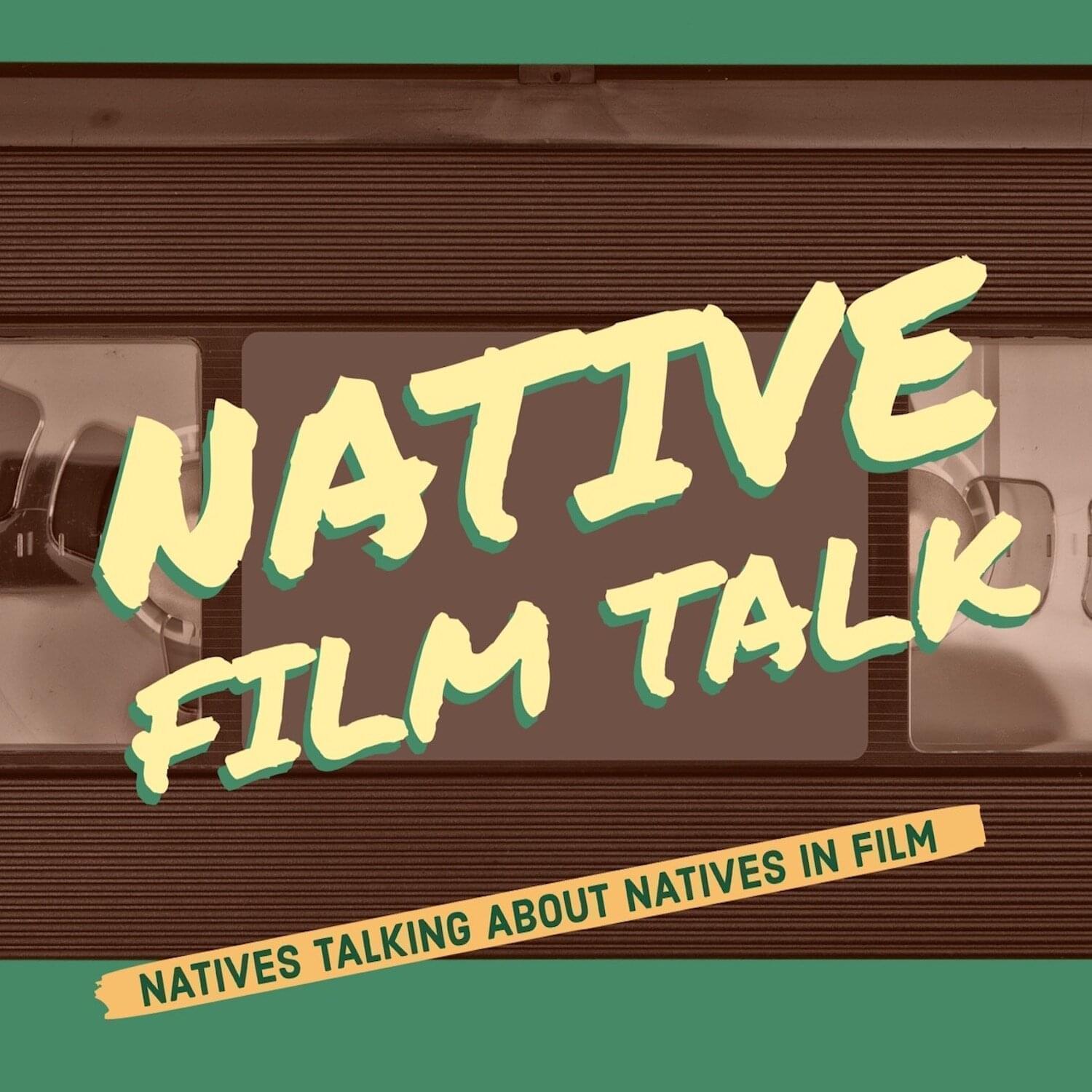Today's Lesson: The Native American Experience
Native American Heritage Month has evolved from its beginnings as "American Indian Week” in 1986—just a week-long celebration over the Thanksgiving holiday—to now a month-long celebration of the rich and diverse cultures, traditions, histories, and important contributions of Native people. This is also opportune time to educate ourselves on the distinctive set of challenges American Indians and Alaska Natives still face today. We understand that these conversations can be difficult, and often we aren’t sure where to start. Below you will find a sampling of resources you can dive into right now. From birth through adulthood, we believe social justice learning is a life-long journey.
Click here to return to the main page.
Learning Levels
Early Childhood Adolescent AdultRead
Appreciating Indigenous diversity

Clockwise, from top left: Amber Starks, Joy SpearChief-Morris, Autumn Rose Williams and Kyle T. Mays.
The diversity of the Indigenous community is underrepresented and misunderstood. In October of 2021, four young Black Indigenous activists working to change that spoke about their heritage, solidarity, and how they view Indigenous Peoples Day. The hour-long virtual panel, coinciding with the national holiday on October 10, was hosted by Smithsonian's National Museum of the American Indian. NPR put together some of the highlights from this conversation on intersectionality that you can read here.
EXTRA CREDIT: Joy Harjo is the nation's first Native American poet laureate. She lives in Tulsa, Oklahoma and is a member of the Muscogee (Creek) Nation. Her new book Poet Warrior: A Memoir tells the story of her sixth-generation grandfather who survived the Trail of Tears, the 19th-century forced march in which the U.S. government moved Native people from their ancestral homeland in the Southeast to territory that later became Oklahoma. You can also read more about her recent interview on NPR's Fresh Air.
Watch
Home From School
“Kill the Indian in him, and save the man.” This was the guiding principle that removed thousands of Native American children and placed them in Indian boarding schools. Among the many who died at Carlisle Indian Industrial School were three Northern Arapaho boys. More than a century later, tribal members journey from Wyoming to Pennsylvania to retrieve the remains of the children. It’s a journey into the troubled history of Indian boarding schools and a quest to heal generational wounds. Watch Independent Lens’ Home From School: The Children of Carlisle, premiering November 23 at 8 pm on WILL-TV and streaming afterwards with the free PBS Video App.
EXTRA CREDIT: Native American music may not conjure images of tubas, trumpets, and John Phillip Sousa marches. Yet this vibrant musical tradition has been a part of Native American culture for more than 100 years. Sousa on the Rez: Marching to the Beat of a Different Drum traces the origins of the four remaining multi-generational, community-based tribal bands. Combining profiles of contemporary bands with fresh historical research, Sousa on the Rez offers an unexpected and engaging picture of this little-known aspect of the Native music scene. The special airs at 10 pm November 12 on WILL-TV.
Listen
Native Film Talk! Podcast

The Native Film Talk! podcast explores Native representation in film from the perspective of a Native American, host Ian Allison. Native American representation in film is as old as the film industry itself, and overall, the image of the Native American in film has changed in a lot of ways, in others it has not. There have been attempts to mature from the stoic Indian, noble savage, and white savior but we also see modern instances where those stereotypes continue to be perpetuated. Allison hopes through hosting the podcast, he will gain a better understanding of what appropriate representation means to him.
Episode 16 of the podcast features filmmaker Charlene Teters. In the words of NFT, “We briefly discuss the documentary 'In Whose Honor,' but mostly deep dive into Charlen’s time at the University of Illinois and her experience being an advocate for changing the university mascot, Chief Illiniwek."

